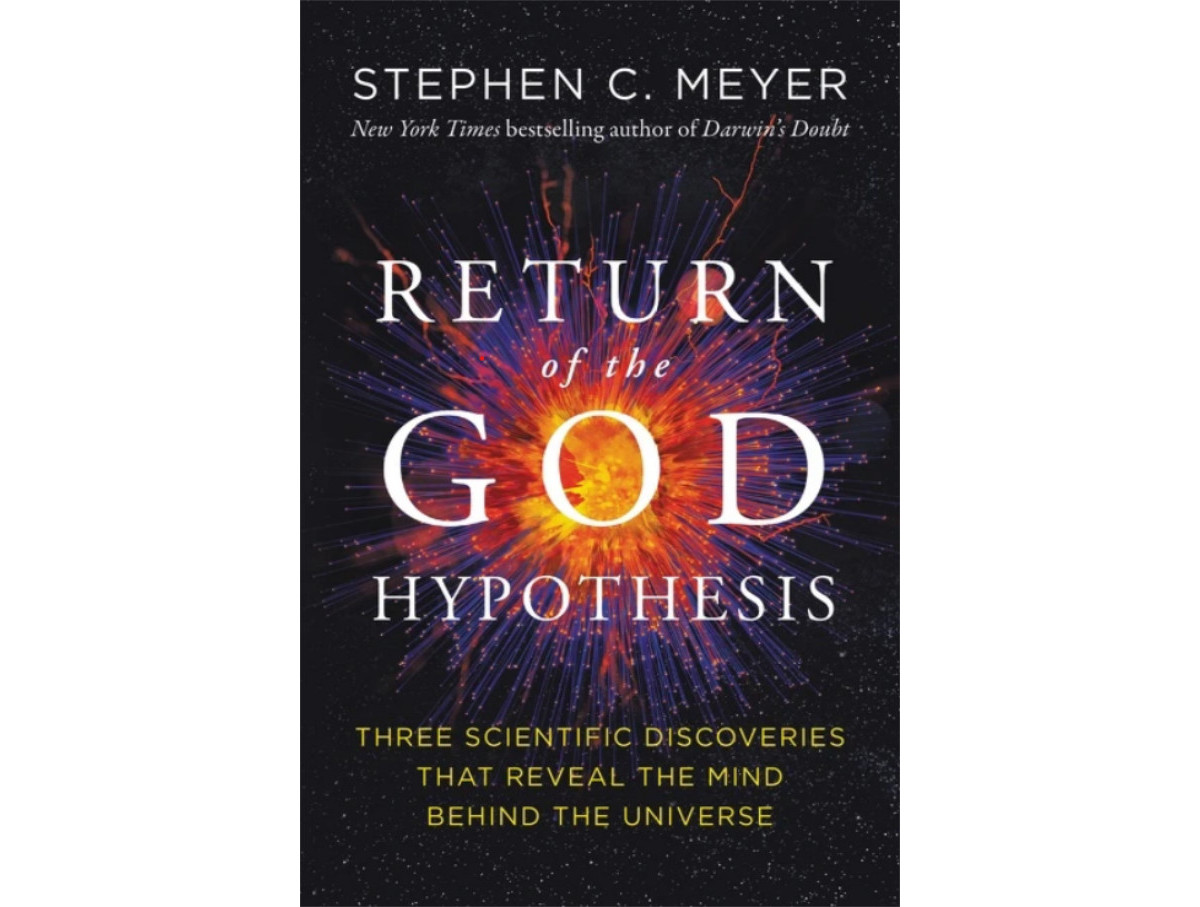Meditation on a review of a book by Stephen Meyer

Darrel Falk, a past president of BioLogos, recently reviewed Stephen Meyer’s latest book, Return of the God Hypothesis, here. Professor Falk is sympathetic with Dr. Meyer and indeed avers that their “perspective[s] on the role of God in creation” are not “much different.” The review is nevertheless negative and led to an interesting exchange on a Google Group devoted in part to The Panda’s Thumb. I should stress that as far as I know none of us on PT has read the book, but by now we have probably all read the review. At any rate, the exchange is reprinted, with permission, below the fold:
Paul Braterman, an honorary chemistry researcher at the University of Glasgow, noticed the following quotation that Prof. Falk singled out in his review:
To make their case for the adequacy of a strictly materialistic approach to explanation in science and philosophy, defenders of this approach must first show that “gaps” in our knowledge of the materialistic causes of key events in the history of life and the universe can be filled with knowledge of an actual materialistic process capable of producing the events in question. (p. 613).
He inquired,
I am not sure what a non-materialistic process would look like, but here Meyer appears to be claiming the right to invoke God of the gaps as the default explanation, placing the onus on the scientific community to prove that no gaps exist.
Am I being unfair?
Andrew Petto, Distinguished Lecturer in BioSciences at the University of Wisconsin – Milwaukee, responded,
In essence, yes. This is the venerable creationist tactic that claims that if we do not (yet) have an explanation of some event or phenomenon based on naturalistic (so-called "materialistic") processes, then, by default, the divine intervention has to be accepted as the only alternative (though ID advocates tried to muddy their embrace of the Deity, they use the same logic).
This fallacy of dualistic thinking has strong cultural resonance, especially in the USA, where we tout the value of hearing from "both sides" of a controversy (as though there were only two), and it was reinforced, I think, by the fact that lawyers were among some of the more prominent voices in the movement that emerged through the 1960s. For lawyers, of course, the adversarial environment in court works almost always this way: if I can poke enough holes in your argument and conclusions, then my argument and conclusions prevail.
And this, I think, is why so much of the creationist (and now ID) literature is about problems with or "evidences" against evolution without any significant demonstration that the cre/ID position has any factual or experimental support. In their minds (and in the dualistic framework that they impose on the argument), there doesn't need to be any affirmative evidence. It is enough to show that your opponent's position is untenable or unsupported or somehow defective, and you win by default.
It may work culturally, but it fails the chief claim made by ID and earlier "creation scientists": that theirs is a scientific alternative. It is, in fact, not an alternative at all, but a vague cultural default position that is not defensible on its scientific merits—or lack thereof.
